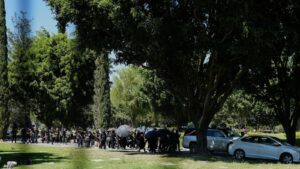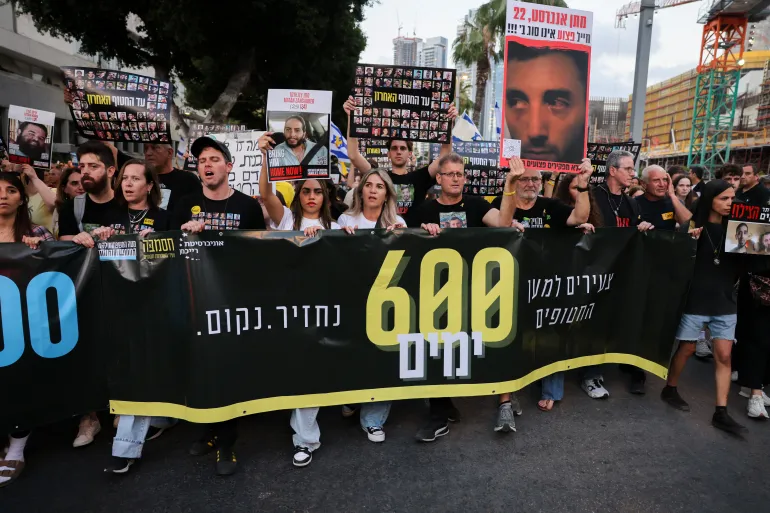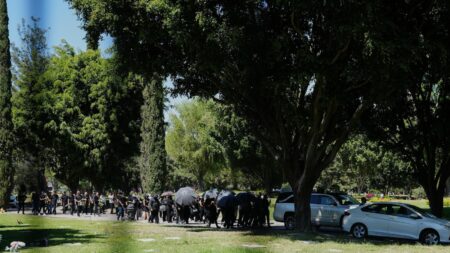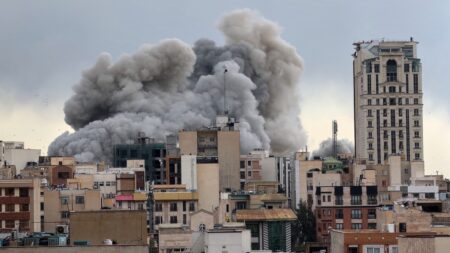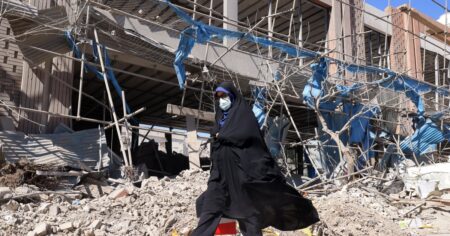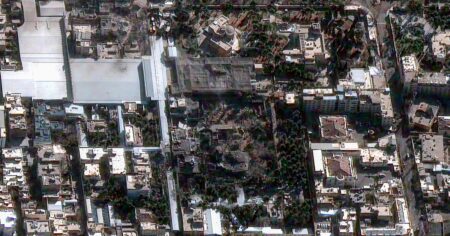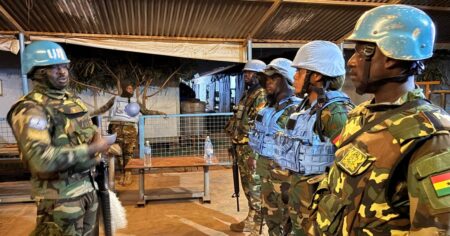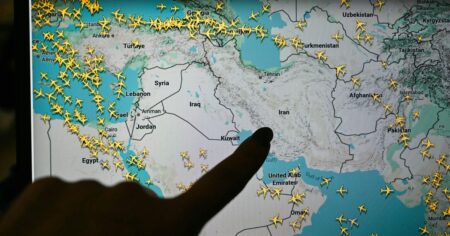Israel is facing deepening internal unrest as its war on Gaza continues. Prime Minister Benjamin Netanyahu insists on total military victory, which is causing growing divisions within Israeli society. Peace activists and antiwar groups have increased protests while supporters of the war push to continue despite humanitarian and political costs.
In recent weeks, Israeli peace activists have stepped up their campaigns against the Gaza conflict. Meanwhile, supporters of the war have grown louder, demanding the government keep up its hardline stance. Members of the military have published open letters warning that the war serves political goals rather than security and that the offensive risks the lives of Israeli captives held in Gaza.
Israeli universities and colleges have seen rare public statements focusing on Palestinian suffering since the war began in October 2023. Campaigns encouraging refusal to serve in the military have spread, fueled by anger at the government’s war management and threatening Israel’s war effort, which depends on youth participation.
Netanyahu relies on the extreme right to maintain his coalition, and the opposition is seen as too weak to confront him. Despite rising criticism, public opinion largely supports harsh military action. A recent poll showed 82 percent of Jewish Israelis want Gaza cleared of Palestinians, with nearly half backing the mass killing of civilians in enemy cities.
On Jerusalem Day, far-right leaders led marches in East Jerusalem where protesters chanted against Arabs and attacked Palestinians or their defenders. The finance minister advocated annexing the West Bank and displacing Palestinians from Gaza.
Criticism inside Israel has grown louder. More than 1,000 pilots signed a letter opposing the war for political reasons. Campaigns to refuse military service have increased. The leader of Israel’s left-wing Democrats Party sharply criticized the war and warned Israel risks becoming a pariah state accused of killing civilians and pursuing population expulsions.
Antiwar lawmakers have faced threats and attacks. Peace activists and even families of hostages are targeted by extremists. Some accuse government and opposition leaders of allowing a genocidal agenda led by far-right politicians and say Netanyahu uses the war for political gain.
Many Israeli leaders have military backgrounds tied to the occupation of Palestinian land. Political struggles involve traditional elites and religious Zionists competing over who is more extreme. Both sides appear unaware of the ongoing genocide in Gaza.
The war has killed more than 54,000 Palestinians. Since a ceasefire was broken in March, nearly 4,000 more Palestinians have died, including hundreds of children. A blockade has pushed Gaza’s population toward famine. In the West Bank, Israeli military operations have displaced around 40,000 Palestinians while expanding settlements in violation of international law.
Far-right ministers have announced plans to build 22 new settlements. They support annexing the West Bank and destroying Gaza’s population, pushing Palestinians into a small area near Egypt.
Calls for change say real progress requires Israelis willing to risk jail for Palestinians, but Israel is not yet ready for this. The conflict continues to deepen divisions within Israeli society and worsen the humanitarian crisis in Gaza.
